Vaginal atrophy, also known as atrophic vaginitis, occurs most often after menopause when women experience a drop in oestrogen production and the walls of the vagina become subsequently thinner, drier and inflamed.
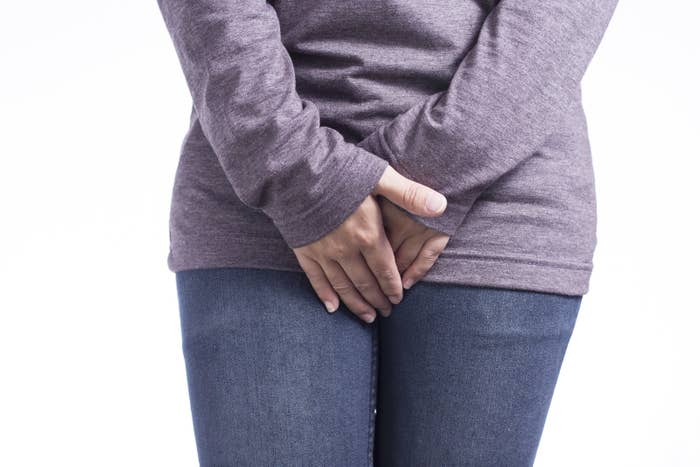
During menopause, the cells in the mucous membrane in the vagina are less active and can't produce as much collagen which keeps the walls of the vagina hydrated and nourished, so they become fragile and prone to infection.
Doctors might recommend vaginal moisturisers, oestrogen creams and tablets, as well as water based lubricants during sex (since sex can become painful as the vagina is less able to self-lubricate).
But a possible new treatment is now available to treat these symptoms.
MonaLisa Touch is a type of fractional CO2 laser technology treatment during which a small probe is inserted into the vagina.
Hundreds of tiny pillars of laser energy are then released from the probe and aimed at the inside wall of the vagina, according to the information provided by MonaLisa Touch clinics.
The laser then pulses for less than a tenth of a second and removes a tiny bit of tissue, creating a pinhole with the diameter of a human hair. This stimulates the body which then grows new healthy tissue.
The only post-treatment instruction is to avoid sexual or strenuous activity for five days. It takes 10 to 15 minutes for each of the three treatments which are spaced six weeks apart. A "top-up" treatment is needed once a year.
Women who have undergone the treatment spoke to BuzzFeed News about their experience.
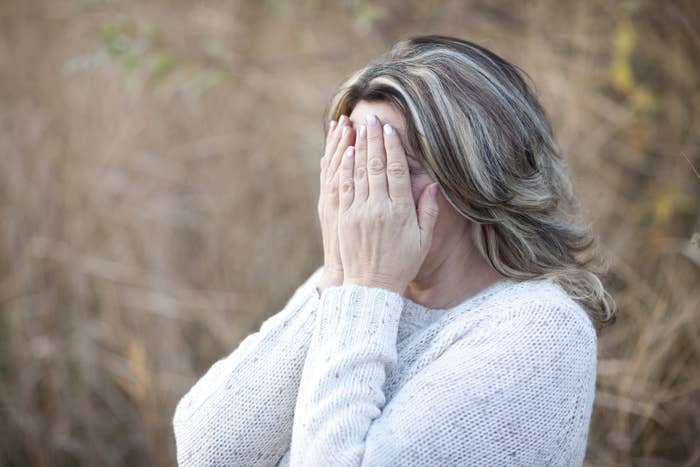
Miranda* had no idea her vaginal walls would thin and dry with menopause.
"I started getting bladder infections and then I'd take antibiotics which would give me thrush and then I'd get another [urinary tract infection] and I was stuck in this horrible cycle," the 46-year-old told BuzzFeed News.
Miranda experienced "horrible vaginal dryness" which made it uncomfortable to even work.
"Your libido drops and you don't feel like having sex because you're so dry and uncomfortable and you can't use lubes 24/7," she said.
"I didn't even realise that this happened, I'd never had a bladder infection in my life. Everyone I spoke to just told me I had to grin and bear it."
Her sexual and reproductive health doctor Emma Boulton told Miranda she was the "perfect candidate" for MonaLisa Touch therapy.
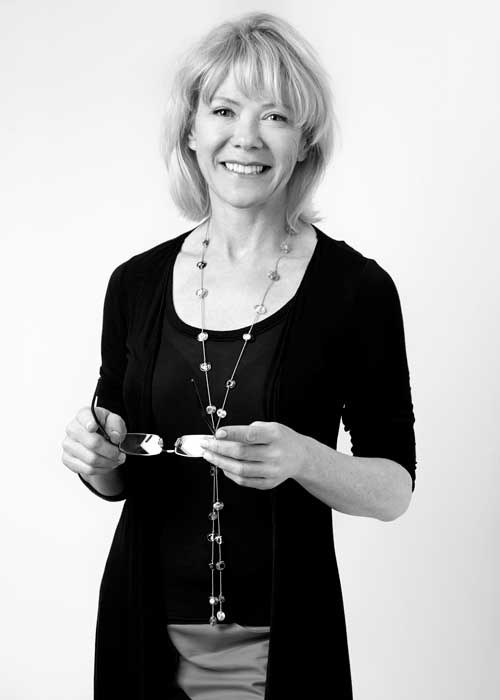
"We see perimenopausal [women on the verge of menopause] with vaginal dryness who are finding it painful to have sex or have recurrent urinary tract infections and an imbalance of vaginal flora, which leads to recurrent thrush," Boulton, who consults at Clinic 66 in Sydney, told BuzzFeed News.
Before the treatment, which she has been offering for three months, Boulton had limited options to assist women suffering from vaginal atrophy.
"Unfortunately, there weren't many other options apart from hormone treatments which aren't great for women who have had breast cancer or who don't want to use hormones, and then I can suggest water based lubricants which only really help with friction."
Boulton said the treatment is used to treat vaginal dryness and dyspareunia (pain during intercourse), but that there is only anecdotal evidence for whether it helped with UTIs.
"The laser treatment basically causes a rejuvenation of the tissue by promoting the growth of collagen and encouraging blood flow into the vagina, so some gynos are actually using it alongside surgery to heal tissue."
Miranda wasn't sure about allowing tiny lasers to zap inside her vagina.
"I was really reluctant, but they were saying menopause can last for five years... so I got the first treatment," she said.
"It wasn't particularly painful because they give you a local anaesthetic and the actual laser takes five minutes, so it is uncomfortable and invasive but not painful."
Miranda said she hasn't had any infections or thrush since the first treatment.
"We put up with so much as women and I just think of all those women that have suffered in silence for years."
In Australia there are no private health or Medicare rebates for the treatment and it costs around $600 to $2,000 per session.
In the United States, the laser treatment MonaLisa Touch has not been cleared or approved by the Food and Drug Administration for the treatment of vulvovaginal atrophy - but the laser system itself was approved for multiple uses from incision to neurosurgery and podiatry.
The American College of Obstetricians and Gynecologists has stressed that fractional CO2 laser treatment was neither "approved" or "cleared" by the FDA.
This means doctors are using it to treat vaginal atrophy based only on clinical trials, which showed the treatment to be beneficial in helping women deal with conditions such as vaginal atrophy.
Helen*, 55, thought the dryness and pain were symptoms she had to "live with".
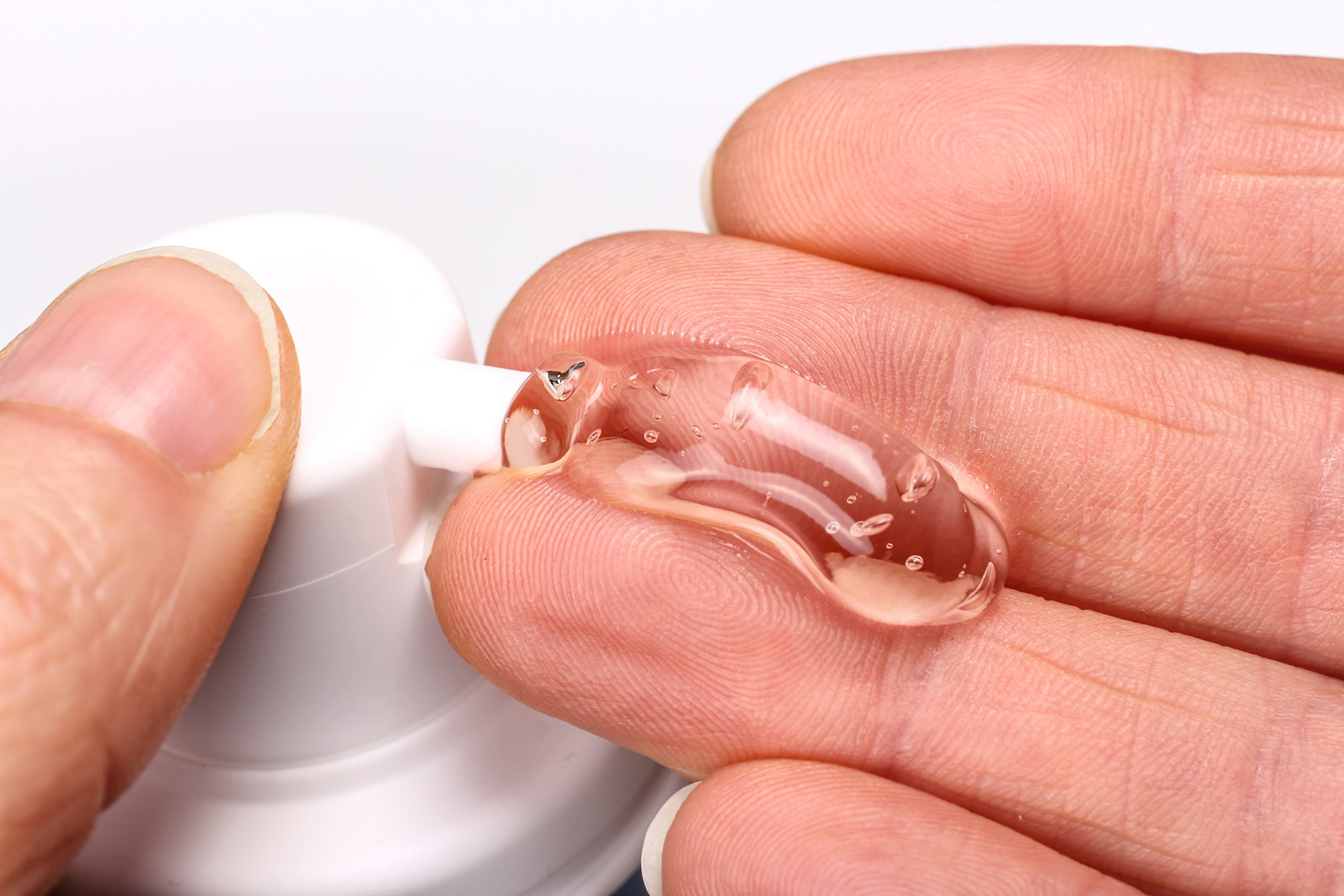
"I had tried tablets and some creams, but I didn't find them useful, and sex was becoming painful, so I just accepted it and thought there was nothing I could do," she told BuzzFeed News.
"It upset me and I knew that it upset my husband, but I just assumed it was something that must happen to women."
Helen found her first laser treatment "really painful".
"It is hard to have anything inside me, like even having a pap smear was agony, so it felt like tiny stabbing knives," she said.
"But then after a day it had cleared up and my husband and I have had sex successfully since."
Boulton said society still stigmatised older women having sex which made it an "unacceptable" and "taboo" topic.
"It is that horrible stereotype that a menopausal woman should shut up shop and say goodbye to her reproductive years, along with the enjoyable and physical aspects of that, and just start knitting.
"Our mothers and grandmothers have all just given up after their ovaries failed them, but there is no reason why we shouldn't have sex and be proud of it."
Women often came into her clinic with little or no understanding of what options were available.
"It is something that women don't talk about enough, possibly because there has never been a safe and effective treatment option."
Her patients were often in long term relationships or marriages and their bodies were starting to fail them in other ways.
"At that time in a woman's life it is difficult, because you feel that your body is ageing and you're putting on weight and you're getting wrinkly and you don't have the same confidence, so from a psychological perspective, when everything goes wrong in your vulval-vaginal region, it can be intolerable."
Another patient, Louise*, said vaginal atrophy affected her sex drive which had already dropped with menopause.
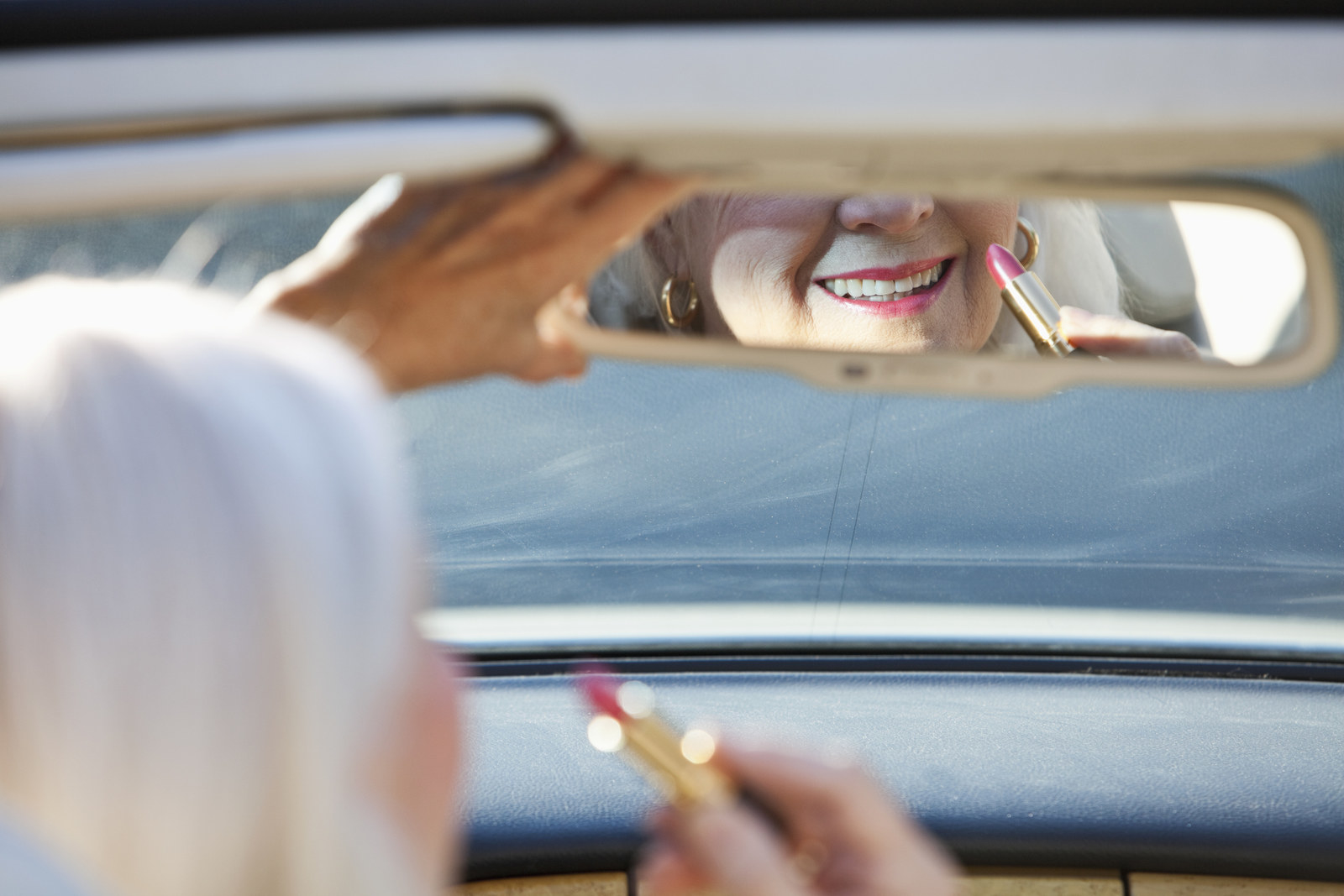
"I think that your libido is so tied to how you're feeling about yourself in that way, and if you're frightened that you're too dry, it can put you off," the 58-year-old told BuzzFeed News.
"I never got all the other parts of menopause like the hot flashes but we were just using so much lube with sex."
Louise has had two of her three treatments, at $600 a session.
"It wasn't painful, but it feels like a deep vibration, and then you can't have sex for five days... a week after we tried and noticed the changes. My husband straight away noticed a massive difference and told me it was like having sex with a 30-year-old."
University of NSW associate professor, gynaecologist and obstetrician Jason Abbott has signaled a word of warning, however, and is yet to be convinced the efficacy of MonaLisa Touch is bolstered by enough clinical research.
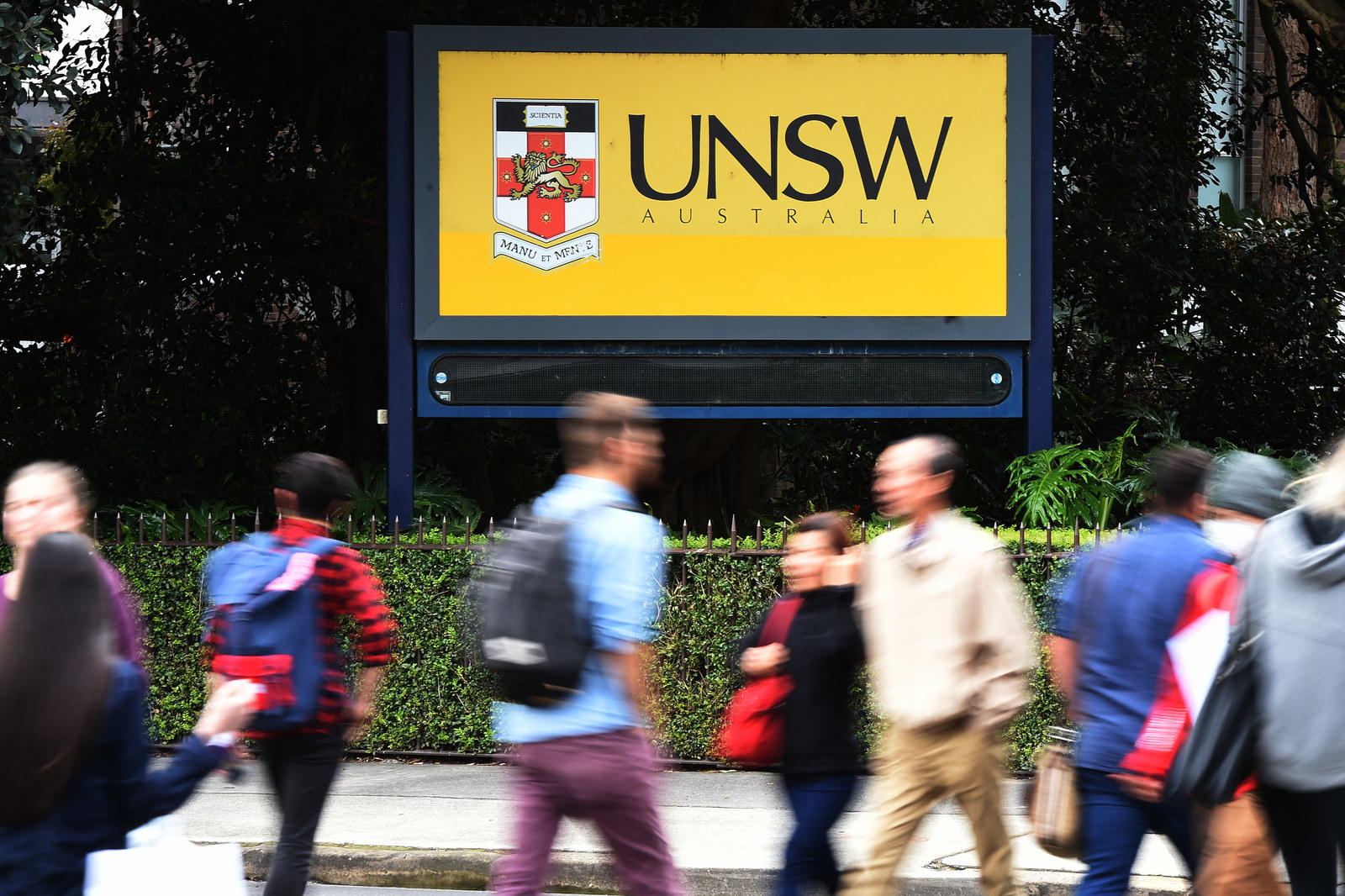
"We don't have the strongest possible evidence before it becomes used in a widespread fashion, and certainly before it becomes commercialised and pushed from a marketing perspective," Abbott told BuzzFeed News.
"We want to know for how long it works, and the long term risks and complications."
MonaLisa Touch was approved by the Therapeutic Goods Administration in Australia in 2013 but a briefing to Queensland's health department on the upshot of multiple clinical trials concluded: "The clinical utility of this technology is not yet supported by high level evidence."
In the US, the treatment hasn't gone head-to-head against oestrogen therapies in a study – although one is underway in Cleveland, Ohio, and a pilot study of 50 patients who tried another type of fractional CO2 laser technology found that treatment outperformed oestrogen therapy.
Abbott is running a similar trial in Australia which will evaluate how effective MonaLisa Touch is in treating postmenopausal vulvovaginal symptoms, as well as how it fares compared to oestrogen therapy.
"We don't yet have a double-blinded, randomised, placebo-controlled trial even, so that is where we need to start," Abbott said.
He said there were 15 preliminary studies which showed the treatment "had some effect" on vaginal atrophy symptoms, but none of them had a follow-up period for more than a year.
"You're going to have a placebo response with 30% of women in any treatment, so we need to know the effectiveness is over that 30%, which this trial will either prove or disprove."
*The women interviewed in this article asked for their real names not to be used.
